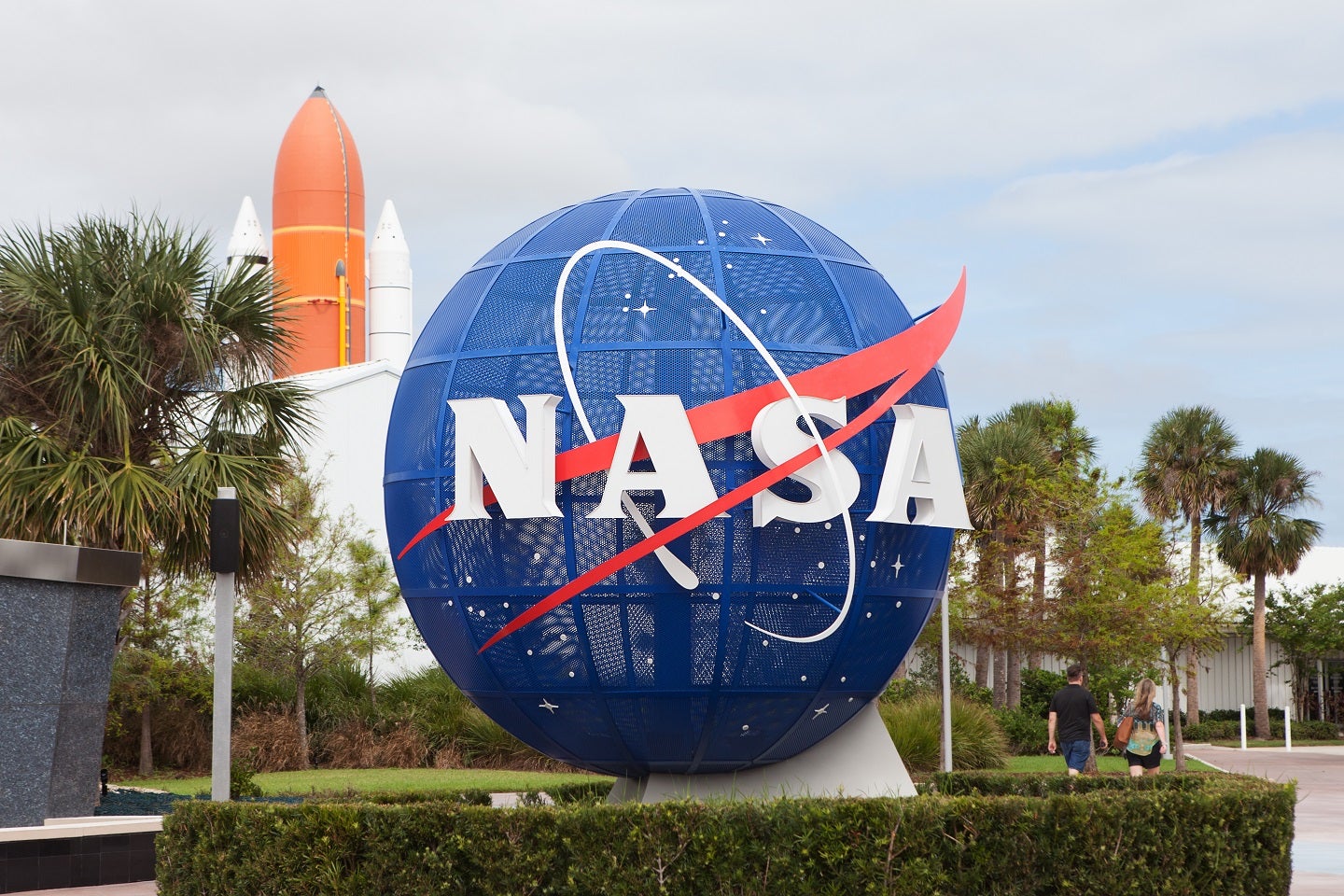On 22 February, a thrilling moment unfolded as Intuitive Machines’ Odysseus lander, a rectangular prism, made a historic touchdown on the lunar surface. While every moon landing is exciting, there is something uniquely special about Odysseus. It made history by becoming the first private spacecraft to achieve this feat and the first US spacecraft on the moon in over 50 years. Beyond these accolades, Odysseus not only etched its place in lunar history but also demonstrated the viability of commercial lunar landings. This success paves the way for a new era, indicating that we are on the brink of witnessing a surge in private lunar exploration ventures.
Intuitive Machines, a Texas-based company led by former Nasaemployees, has planned two more missions to explore the possibility of using the Moon’s resources in future exploration and to deliver additional research tools to the lunar surface for Nasa. In February 2023, the company went public through a merger and received $118m in funding from the US space agency’s Commercial Lunar Payload Services (CLPS) program.
The frontier of space exploration
SpaceX, Blue Origin, and Virgin Galactic are notable private companies that are already involved in space travel. Each company is pursuing specific aspects of space exploration, from satellite launches to suborbital tourism. With the continued advancement of technology and decreasing costs, more private companies are entering the space industry, redefining space travel beyond the realm of government agencies. The cost of rocket launches is decreasing, fueling the boom in the private space industry, with some estimating that ‘New Space’ firms could account for a sizable portion of the market.
Recent advancements in propulsion technology are enabling spacecraft to travel farther and faster. The development of ion propulsion systems, solar sails, and other innovative propulsion methods is revolutionising the ability to explore deeper into the solar system and beyond. These breakthroughs not only promise shorter travel times for space explorers but also open up new possibilities for human exploration of distant planets and the potential discovery of celestial bodies.
A geopolitical space race
According to GlobalData’s Tech, Media and Telecom (TMT) Predictions in 2024 report, the space economy will be worth between $760bn and $1tn by 2030. The increased adoption of satellite data applications and services around data communications, navigation, and Earth observation will propel the growth of the space economy. Geopolitical tensions are rising, and governments are using space to assert their national interests and geopolitical dominance. Although space currently serves as a platform for communications, surveillance, and navigation satellites to support military operations, it is not yet weaponised. We will see the US and China competing for technological superiority in space and both countries are vying to build the first permanent base on the Moon by 2030. Additionally, there will be an escalation in the militarization of space, with an increase in investment in space infrastructure and the proliferation of commercial and national space stations.
How well do you really know your competitors?
Access the most comprehensive Company Profiles on the market, powered by GlobalData. Save hours of research. Gain competitive edge.

Thank you!
Your download email will arrive shortly
Not ready to buy yet? Download a free sample
We are confident about the unique quality of our Company Profiles. However, we want you to make the most beneficial decision for your business, so we offer a free sample that you can download by submitting the below form
By GlobalData








Related Company Profiles
SpaceX
Virgin Galactic Holdings Inc